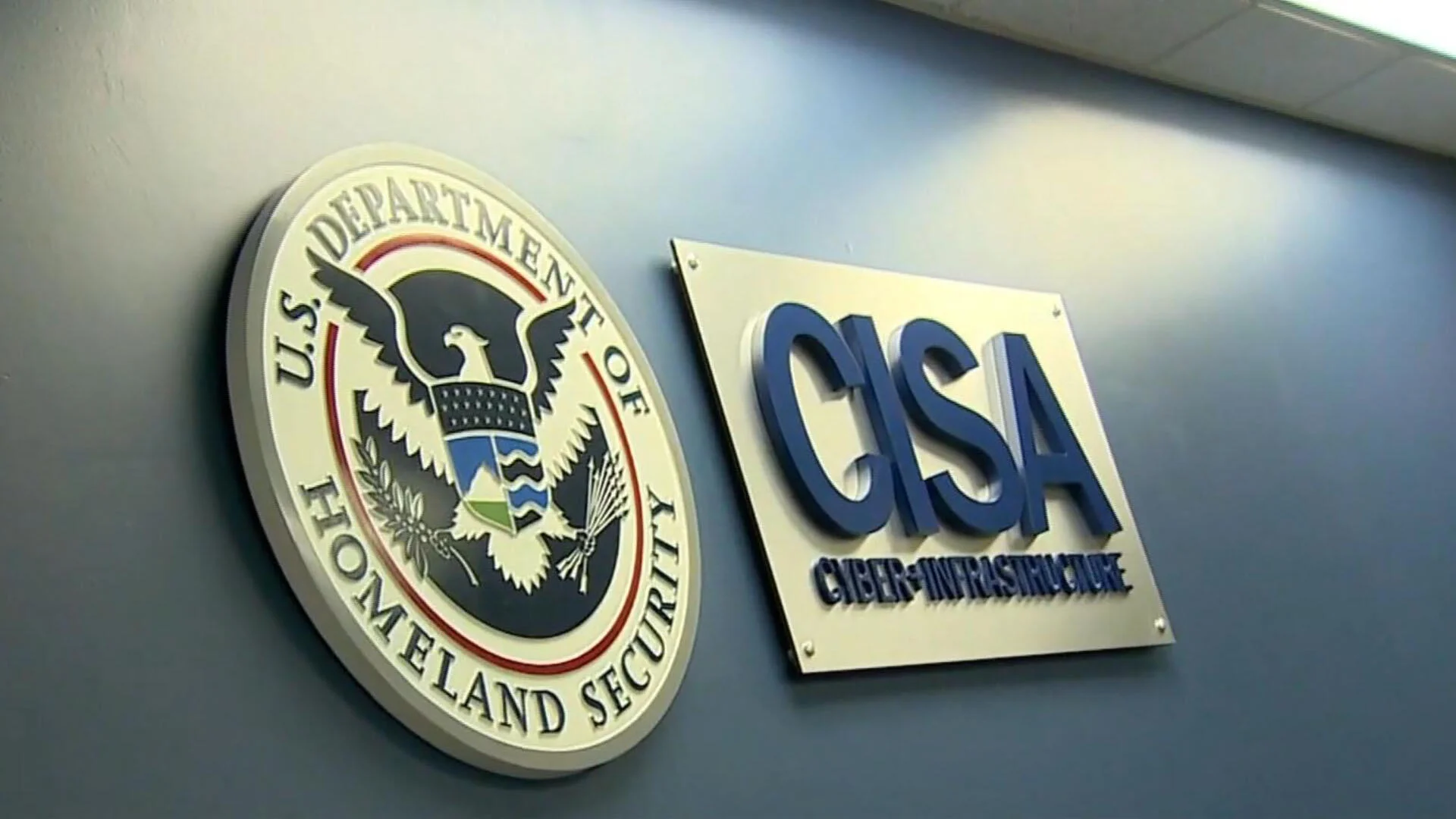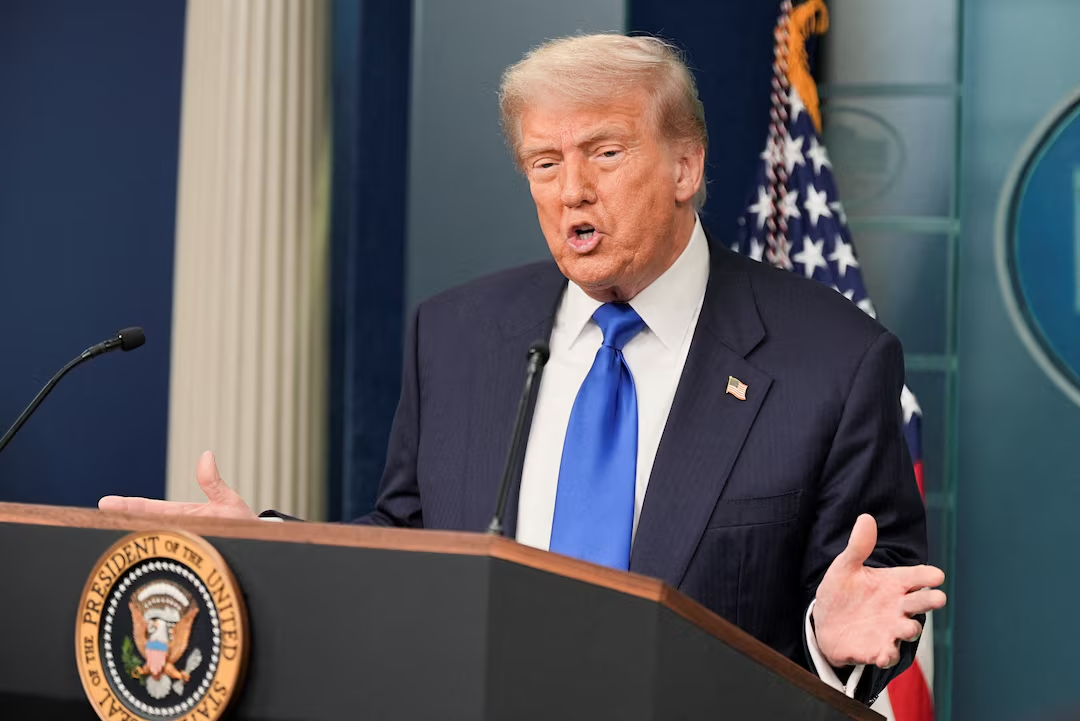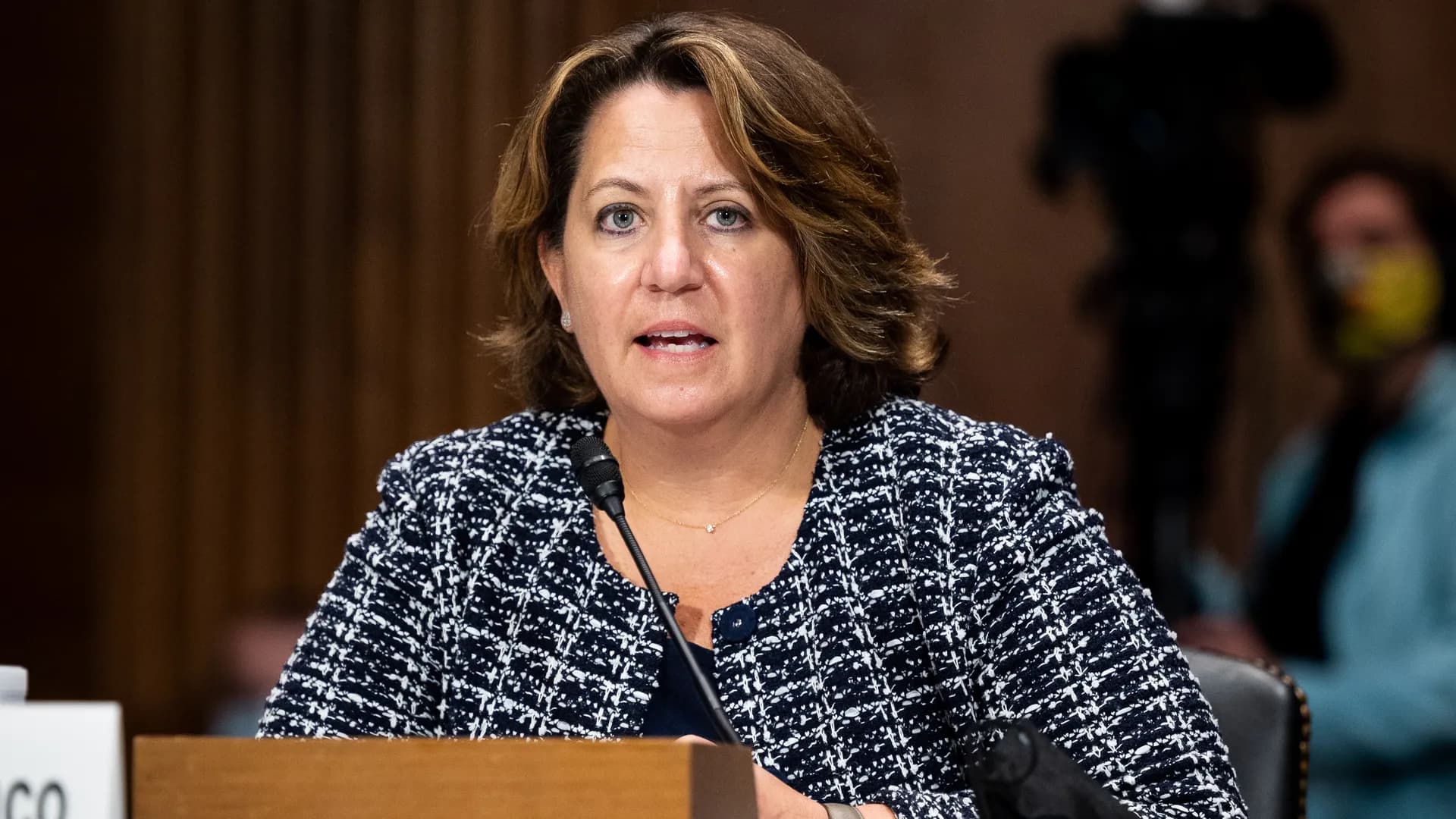The recent surge in cyber threats has ignited a fervent debate about the efficacy of government cybersecurity strategies, particularly as President Trump prioritizes measures that may undermine individual rights. As reported by the White House, the government"s focus on technological standards and trust designations for the Internet of Things (IoT) raises alarming questions about the balance between security and privacy.
Government"s Cybersecurity Approach Lacks Transparency
While cybersecurity is undeniably critical in our hyper-connected world, the current approach lacks necessary transparency. The Cybersecurity and Infrastructure Security Agency (CISA) promotes best practices, yet the implementation details remain murky, leaving citizens in the dark about how their data is protected. This lack of clarity is compounded by the potential for government overreach, where the justification of cybersecurity could lead to invasive surveillance measures.
Zero Trust Architecture: A Double-Edged Sword
The introduction of Zero Trust Architecture (ZTA) as mandated by President Biden’s Executive Order on Improving the Nation"s Cybersecurity (EO 14028) aims to revolutionize how federal agencies manage cybersecurity. However, this model assumes that every user, device, and application is a potential threat, leading to heightened scrutiny of individual behavior. Such a paradigm may inadvertently erode the privacy rights of citizens, creating a surveillance state under the guise of protection.
\n\n
Cybersecurity experts protecting critical infrastructure among those fired by government
Impact on Vulnerable Communities
As cybersecurity measures expand, marginalized communities often bear the brunt of these policies. Many individuals lack the resources or technical knowledge to navigate complex security systems, leaving them vulnerable to exploitation. The government"s emphasis on digitization means that access to essential services, such as healthcare and social security, is increasingly tied to one"s ability to comply with stringent security protocols. According to USAGov, these services are crucial, yet the barriers created by cybersecurity measures can alienate those who need them most.
Corporate Influence on Policy Making
The intertwining of corporate interests with government cybersecurity policy is a growing concern. As corporations push for stringent measures that favor their business models, the public interest often takes a back seat. This dynamic raises critical questions about who truly benefits from enhanced cybersecurity. Are we investing in our safety or merely bolstering corporate profit margins at the expense of our digital rights?
\n\n
Buoyed by the Supreme Court, Trump to press forward on ...
The Call for Progressive Cybersecurity Reform
In light of these challenges, a progressive cybersecurity framework is essential. This framework must prioritize transparency, equity, and the protection of civil liberties. Advocates argue that we must ensure that cybersecurity measures are not only robust but also inclusive, empowering all citizens rather than subjecting them to increased scrutiny. As we navigate the complexities of digital threats, it is vital to advocate for policies that protect both our security and our fundamental rights.







![[Video] Gunfire between Iraqi security forces and Sadr militias in Baghdad](/_next/image?url=%2Fapi%2Fimage%2Fthumbnails%2Fthumbnail-1768343508874-4redb-thumbnail.jpg&w=3840&q=75)
